
Centre Notifies EPR Norms for Plastic Packaging Waste
To be implemented from July 1, the new regulations mandate recycling and reusing a certain percentage of plastic produced by manufacturers, importers and brand owners.

To be implemented from July 1, the new regulations mandate recycling and reusing a certain percentage of plastic produced by manufacturers, importers and brand owners.
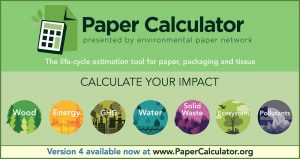
As part of BOTTA PACKAGING’s ongoing commitment to reducing their customer’s environmental impact and sustainability missions, they have introduced the use of Environmental Paper Network’s Paper Calculator™.

Will strengthen the circular economy of plastic packaging waste and provide a roadmap for businesses to move towards sustainable plastic packaging: Shri Bhupender Yadav
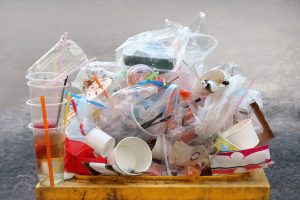
Reducing plastic use seems like one of the easiest environmental actions people can take. We re-use bags, put takeout coffee in our own mugs or recycle our plastic bottles, and feel good about ourselves. But it is not so simple. Plastic pollution is still causing immense harm to our planet.

Sustainability regulations for packaging have become increasingly ambitious. A detailed understanding of the diverse regulatory landscape will be essential for companies to remain compliant.
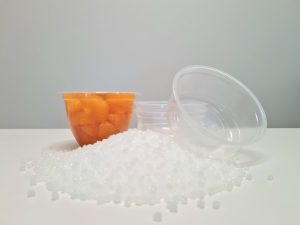
SCG Chemicals or SCGC launched “Circular PP,” a high-quality post-consumer recycled resin (PCR) manufactured from recycled feedstock under the advanced recycling technology, one of the solutions from SCG GREEN POLYMERTM.

India is committed to eliminating single-use plastic and the Indian Navy will contribute 100 ship days to clean the plastic waste from the sea, said Prime Minister Narendra Modi during the One Ocean Summit on Friday.

The University of Birmingham has licensed the rights to a ‘supercritical water’ technology to technology consultancy Stopford to develop a novel process for recycling mixed plastic packaging.

The ground breaking non-toxic products are 100 percent plastic-free, won’t break down into micro plastics and will never leave behind any plastic footprint on the earth.
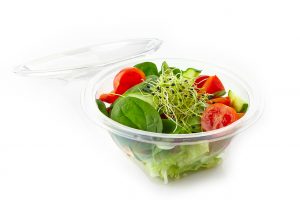
Biobased plastics, such as PLA, and an increase in recycling, are key to achieve a circular economy, and decouple from fossil feedstock. To this end, PLA should be integrated in waste management systems, without disturbing existing recycling streams.
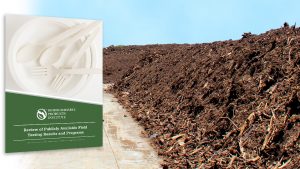
Field Validation Program project was initiated by BPI with the goal of “providing composters with enough information on real world performance to trust that products meeting ASTM standards will break down in facilities designed to accept food scraps and packaging.
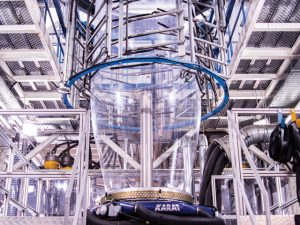
Coveris has today launched a range of lightweight, next generation stretch films containing a minimum 30% recycled content to reduce reliance on virgin plastics.